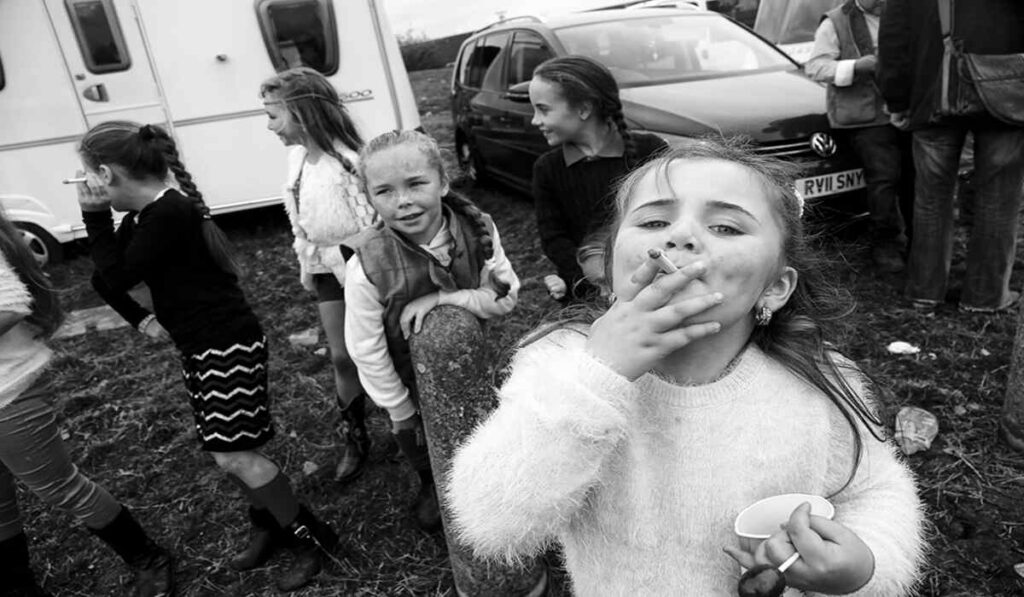The topic of Travellers, including Irish Travellers and Romani Gypsies, often comes with a host of misconceptions and stereotypes. One persistent myth is that Travellers “get away with everything.” This blog post aims to explore the roots of this perception, understand the societal and legal frameworks in place, and provide a nuanced view of the Traveller communities. We’ll also address some frequently asked questions to dispel myths and provide accurate information.
Table of Contents
ToggleUnderstanding Traveller Communities
Traveller communities, including Irish Travellers and Romani Gypsies, are distinct ethnic groups with unique cultural traditions, languages, and lifestyles. Historically, they have led nomadic lives, although many now live in permanent housing. Despite their rich cultural heritage, Traveller communities often face significant social exclusion and discrimination.
The Perception of “Getting Away With Everything”
1. Historical Context and Legal Frameworks
Traveller communities have historically been marginalized and misunderstood. This marginalization has led to a complex relationship with mainstream legal and social systems. In some instances, Travellers might navigate legal systems differently due to their nomadic lifestyle and communal living arrangements, which can be perceived as bending or evading rules.
2. Misunderstanding and Stereotyping
The idea that Travellers “get away with everything” often stems from stereotypes and a lack of understanding of their way of life. Stereotypes about Travellers being involved in illegal activities or living outside the law are common, yet these views are not representative of the entire community.
3. Legal Protections and Human Rights
Like any other ethnic group, Travellers are entitled to human rights and legal protections. Sometimes, efforts to protect these rights can be misinterpreted as preferential treatment. Advocacy for Traveller rights often focuses on combating discrimination and ensuring equal access to services and justice.
4. Societal Exclusion and Discrimination
Traveller communities face considerable societal exclusion, leading to a lack of access to education, employment, and healthcare. This exclusion can result in a cycle of disadvantage that is often mistaken for evasiveness or lawlessness.
Addressing Common Myths and Misconceptions

To better understand the complexities of this issue, let’s address some frequently asked questions:
Frequently Asked Questions (FAQs)
Q1: Do Travellers receive special treatment from the legal system?
A: No, Travellers are subject to the same laws as everyone else. However, there are laws and protections in place to ensure they are not discriminated against due to their ethnicity or lifestyle. This can sometimes be misinterpreted as special treatment.
Q2: Why do some people believe that Travellers “get away with everything”?
A: This belief often stems from stereotypes and a lack of understanding of Traveller culture. Media representations and anecdotal stories can perpetuate these myths, leading to widespread misconceptions.
Q3: Are Travellers more likely to be involved in illegal activities?
A: No, the majority of Travellers abide by the law. Like any other community, there may be individuals who engage in illegal activities, but it is incorrect and unfair to generalize this behavior to the entire group.
Q4: How do Travellers interact with the education system?
A: Traveller communities often face barriers to accessing education, such as discrimination and a lack of understanding from educational institutions. Efforts are being made to improve access and outcomes for Traveller children.
Q5: Do Travellers have their own laws?
A: Travellers adhere to the same national laws as everyone else. However, they may also follow their own cultural norms and traditions, which can sometimes conflict with mainstream societal expectations.
Q6: Why are Travellers sometimes seen as not contributing to society?
A: This perception is largely due to misunderstanding and prejudice. Travellers contribute to society in many ways, including through work in trades, cultural contributions, and participation in local economies. Their contributions are often overlooked due to entrenched stereotypes.
Q7: What can be done to improve relations between Traveller communities and the wider society?
A: Improving relations requires effort from both sides. Education, awareness campaigns, and dialogue can help bridge the gap. It is essential to challenge stereotypes, promote understanding, and ensure that Travellers have equal access to opportunities and services.
Conclusion
The notion that Travellers “get away with everything” is a myth rooted in misunderstanding and stereotypes. By examining the historical context, legal frameworks, and societal dynamics, we can begin to dispel these misconceptions. Traveller communities, like any other group, deserve respect, understanding, and equal treatment under the law. Promoting awareness and challenging prejudices are crucial steps toward fostering a more inclusive and equitable society.
